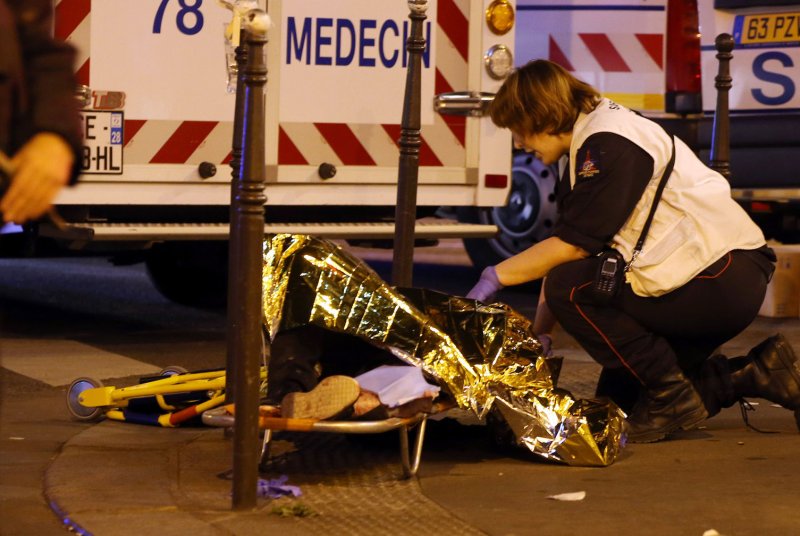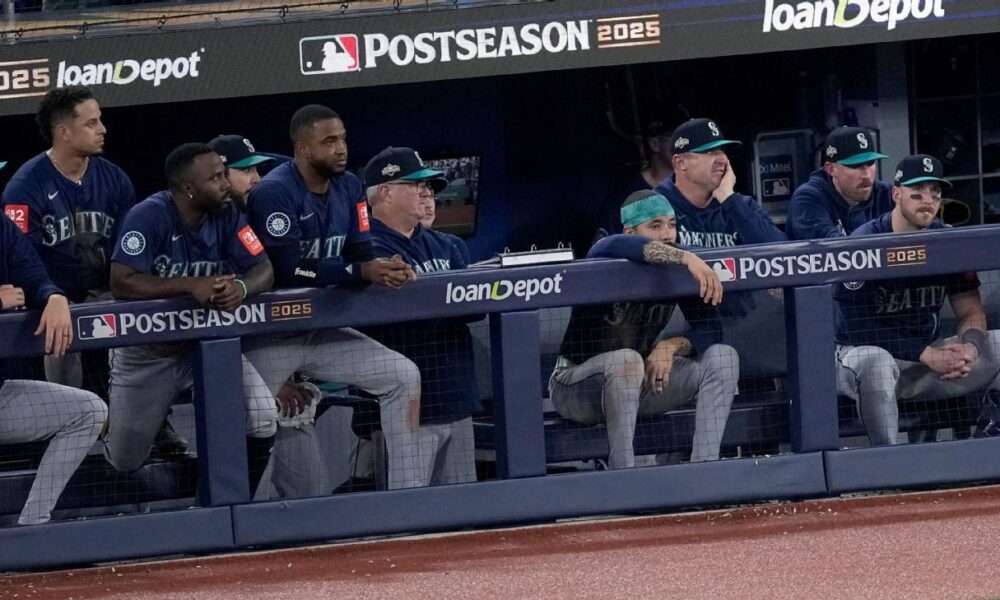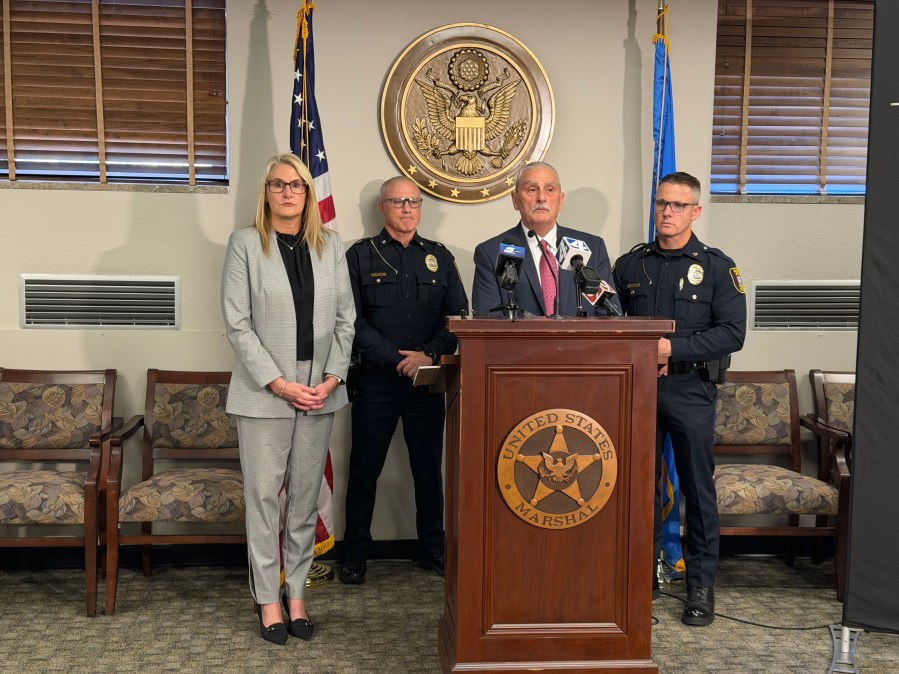UPDATE: LA Metro has just announced a bold plan to fund $10 million in “open streets” events during the upcoming FIFA World Cup in July 2026 and the 2028 Olympic Games in Los Angeles. This initiative will drastically limit the frequency of these popular events, potentially leaving the community without access to open streets for 34 out of the next 36 months.
The announcement reveals that LA Metro aims to host 29 open streets events, including iconic CicLAvias, during these major sporting events, effectively squeezing a rich tradition into a short time frame. This decision has raised concerns among community advocates who argue that it may jeopardize the future of these cherished gatherings.
Wesley Reutimann, co-founder of Active SGV, expressed his concerns:
“We are not saying the goal of active transit during the Olympics and World Cup is not a good thing. The question is, should it come at the expense of open streets programs for three years?”
The sentiment underscores the tension between celebrating global sporting events and maintaining local community engagement through regular open street activities.
CicLAvia events allow cyclists and pedestrians to reclaim the streets of Los Angeles, promoting healthy lifestyles and community connectivity. However, the new funding strategy means these events may be sidelined during the next few years, impacting not just participation but also the vitality and momentum of open streets programming.
According to LA Metro, the funding will support fanfest events that will slow down traffic but not fully eliminate automobile access. The goal is to create festive environments where residents can celebrate, but these are not substitutes for the full open street experience.
Reutimann highlights a troubling trend: “Limiting this type of programming for just a two-month window in those years will be a loss for the region.” The last major open streets event, Arroyfest II, attracted over 50,000 participants who enjoyed a car-free celebration along a six-mile stretch of the Arroyo Seco Parkway on October 29, 2023. Such events are essential for raising awareness about public transit and encouraging car-free commuting.
LA Metro’s commitment to funding open streets has been ongoing since 2013, with nearly $26 million invested in 84 events to date. However, this new approach raises questions about the sustainability of such events as communities prepare for the influx of visitors during the Olympics and World Cup.
The first discussion on this funding proposal will occur at LA Metro’s Planning and Programming Committee meeting on November 19. Advocates are urging the committee to reconsider the impact of this funding strategy and look for alternative sources to support open streets events throughout the years leading up to 2026 and 2028.
With costs for organizing these events rising due to increased security and liability insurance, smaller cities face significant challenges in securing funding. Reutimann noted that the need for open streets is more critical than ever as Los Angeles prepares for these international events.
As the planning unfolds, the community’s input will be vital in shaping a future that balances the excitement of global sports with the need for accessible, vibrant public spaces. The focus on the World Cup and Olympics may overshadow essential community traditions, leaving Angelenos to wonder if they will still be able to enjoy the open streets they have come to love.
Stay tuned for updates on this developing story as community leaders and LA Metro grapple with the future of open streets programming in Los Angeles.






